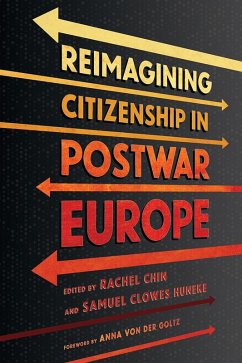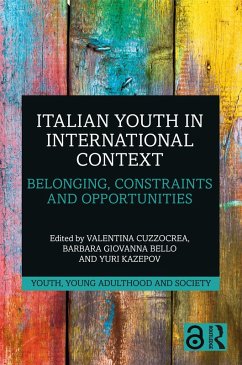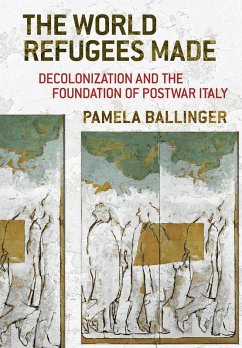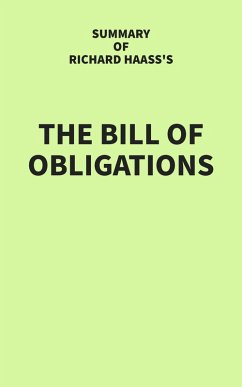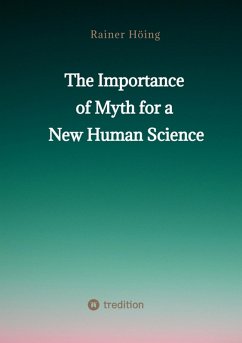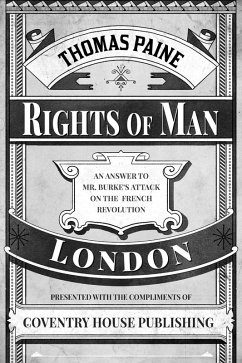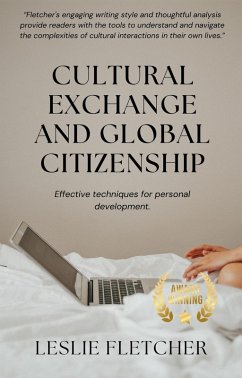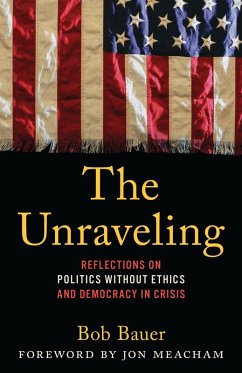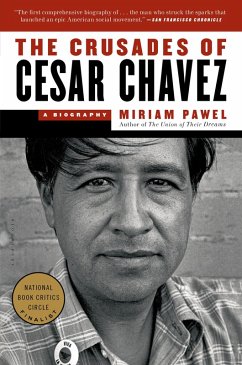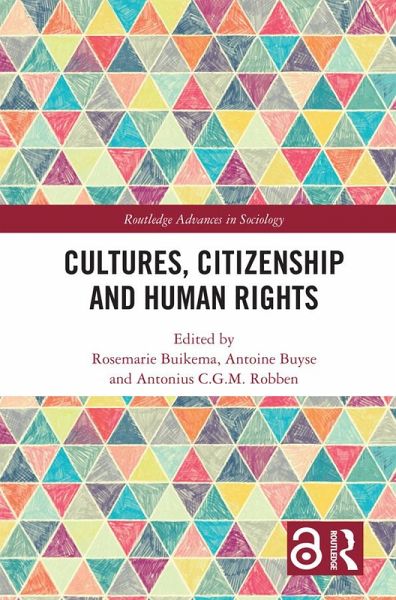
Cultures, Citizenship and Human Rights (eBook, ePUB)
Versandkostenfrei!
Sofort per Download lieferbar
0,00 €
inkl. MwSt.
Weitere Ausgaben:

PAYBACK Punkte
0 °P sammeln!
In Cultures, Citizenship and Human Rights the combined analytical efforts of the fields of human rights law, conflict studies, anthropology, history, media studies, gender studies, and critical race and postcolonial studies raise a comprehensive understanding of the discursive and visual mediation of migration and manifestations of belonging and citizenship.More insight into the convergence - but also the tensions - between the cultural and the legal foundations of citizenship, has proven to be vital to the understanding of societies past and present, especially to assess processes of inclusio...
In Cultures, Citizenship and Human Rights the combined analytical efforts of the fields of human rights law, conflict studies, anthropology, history, media studies, gender studies, and critical race and postcolonial studies raise a comprehensive understanding of the discursive and visual mediation of migration and manifestations of belonging and citizenship.
More insight into the convergence - but also the tensions - between the cultural and the legal foundations of citizenship, has proven to be vital to the understanding of societies past and present, especially to assess processes of inclusion and exclusion. Citizenship is more than a collection of rights and privileges held by the individual members of a state but involves cultural and historical interpretations, legal contestation and regulation, as well as an active engagement with national, regional, and local state and other institutions about the boundaries of those (implicitly gendered and raced) rights and privileges.
Highlighting and assessing the transformations of what citizenship entails today is crucially important to the future of Europe, which both as an idea and as a practical project faces challenges that range from the crisis of legitimacy to the problems posed by mass migration. Many of the issues addressed in this book, however, also play out in other parts of the world, as several of the chapters reflect.
This book is available for free in PDF format as Open Access from the individual product page at www.routledge.com. They have been made available under a Creative Commons Attribution-Non Commercial-No Derivatives 4.0 license.
More insight into the convergence - but also the tensions - between the cultural and the legal foundations of citizenship, has proven to be vital to the understanding of societies past and present, especially to assess processes of inclusion and exclusion. Citizenship is more than a collection of rights and privileges held by the individual members of a state but involves cultural and historical interpretations, legal contestation and regulation, as well as an active engagement with national, regional, and local state and other institutions about the boundaries of those (implicitly gendered and raced) rights and privileges.
Highlighting and assessing the transformations of what citizenship entails today is crucially important to the future of Europe, which both as an idea and as a practical project faces challenges that range from the crisis of legitimacy to the problems posed by mass migration. Many of the issues addressed in this book, however, also play out in other parts of the world, as several of the chapters reflect.
This book is available for free in PDF format as Open Access from the individual product page at www.routledge.com. They have been made available under a Creative Commons Attribution-Non Commercial-No Derivatives 4.0 license.
Dieser Download kann aus rechtlichen Gründen nur mit Rechnungsadresse in A, B, BG, CY, CZ, D, DK, EW, E, FIN, F, GR, HR, H, IRL, I, LT, L, LR, M, NL, PL, P, R, S, SLO, SK ausgeliefert werden.




